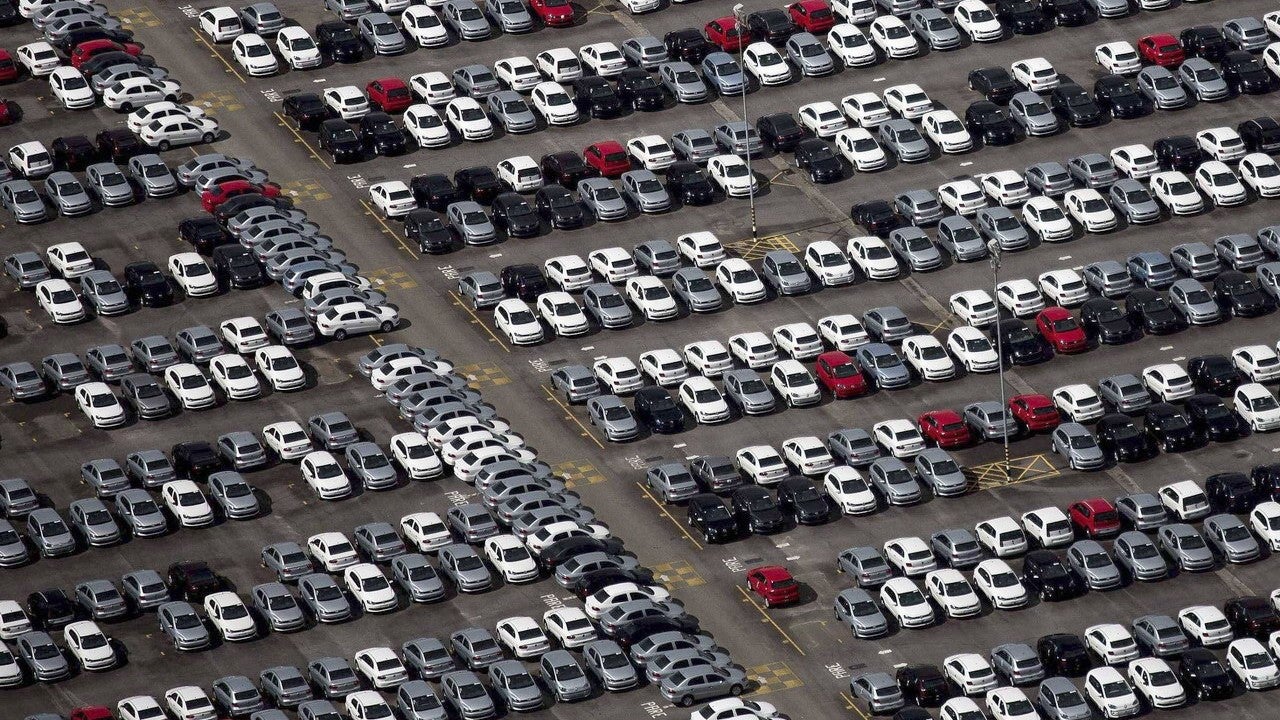
First quarter light and heavy vehicles sales, production and export volume suggest 2023 may well prove more challenging for Brazil’s auto industry than predicted earlier. Especially as a year on year comparison provides a false impression of a reasonably healthy recovery versus 2022.
That said, registrations of 471,800 units were up 16.3% while production rose 8% to 538,000 vehicles.

Discover B2B Marketing That Performs
Combine business intelligence and editorial excellence to reach engaged professionals across 36 leading media platforms.
Yet, despite the improved figures YTD end March, first quarter total production was still roughly 50,000 units short of pre-pandemic level.
As for heavy equipment, production slowed 30% in the first quarter after buyers pulled forward order into 2022 due to new emissions regulations introduced last January.
“In the three first months of 2023 we faced eight production suspensions and two shift cancellations, comparable to what happened early in 2022,” said Marcio Leite, president of the National Motor Vehicles Manufacturers Association (Anfavea).
“Last year, the reason was component shortages while this year other factors include national holidays [reducing selling days] and low demand,” he added.
He noted yet more production halts had been announced for this month and added that March sales had been “rescued” by deliveries to car rental companies.
As footfall at dealers was far below expectation, the production cuts avoided factory and dealer new vehicle stock rising sharply with the industry holding 29 days worth of stock in February compared with March’s 31 days.
Nonethless, inventory remains high halfway through April, to meet current demand. Compared to pre-pandemic times, inventory is up over 20%.
March export volume matched February’s 1,900 daily average which indicated orders from the Brazil’s key markets were being fulfilled, albeit without any meaningful growth.
The 112,200 units exported in Q1 2023 exceeded the Q1 2022 tally by only 3.9%.
Anfavea said it was too early to reconsider its quite modest 3% year on year news registrations rise forecast for 2022.
The auto market has slowed due to higher interest rates and taxes and restrained credit availability.
Yet there are still two possibilities which might save this year’s results and those for coming years.
One is more buyers opting for entry level ‘green’ models (flexible-fuel, ethanol/gasoline hybrids) – some makers are lobbying the federal government to introduce incentives for these.
The other is a revamp of the fleet renewal programme [incentivised scrappage scheme] approved for lorries and buses in 2022 and extension to cover light vehicles this year.
Anfavea has not endorsed the first proposal because some of its automaker members disagree with a strategy which would benefit only a few brands.
In addition, both schemes would require federal fiscal generosity at a time when the new central government is focused on a hard-to-achieve public debt control plan.






